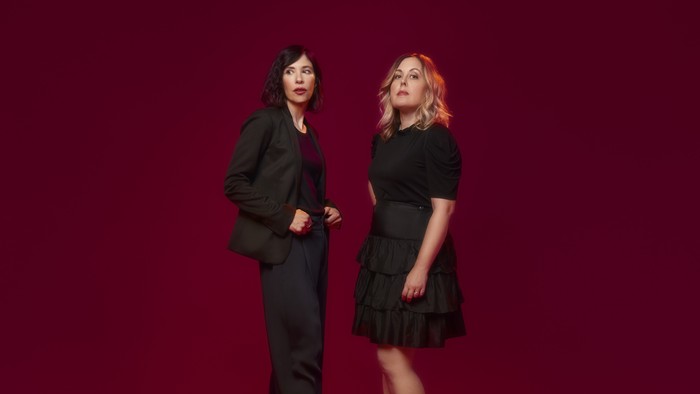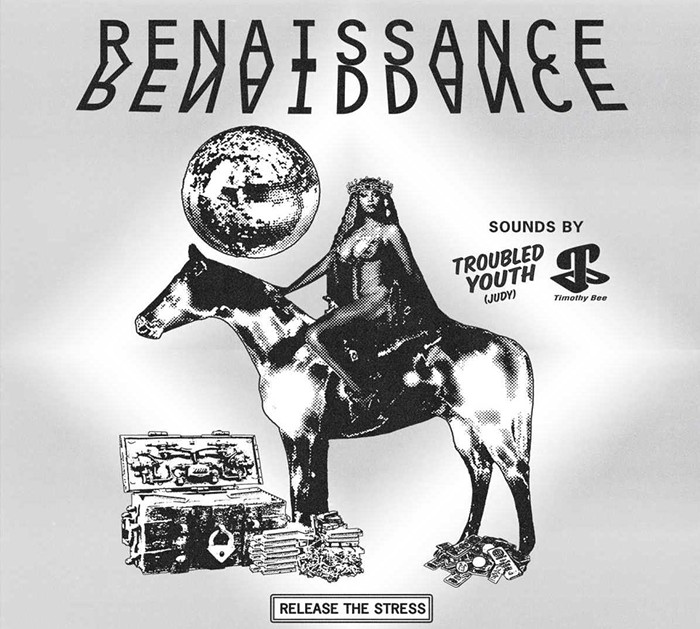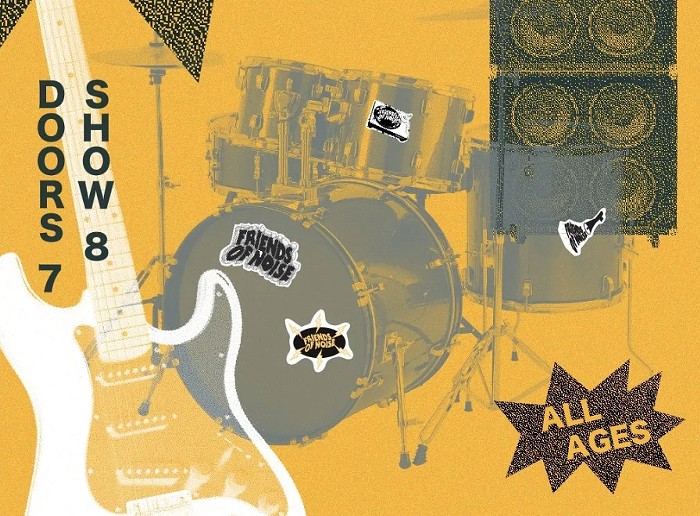"I WOULD MUCH RATHER be part of an aware collective than be a blind individual," says Omar Rodriguez-Lopez, sounding almost philosophical. The former At the Drive-In and the Mars Volta guitarist says he's gone through a serious period of growth in the past decade. He's referred to himself as a dictator in the studio; in interviews, he can sometimes come across as the brooding, self-important artist type.
Truth is, Rodriguez-Lopez is surprisingly sweet and charming. And he's not so much brooding as he is self-aware—except, strangely, when it comes to making music. He just does it. And does it. And does it. Over the past decade, Rodriguez-Lopez has released a glut of EPs and full-lengths that are eclectic and eccentric. And for such volume, they're really good, blending psychedelic rock, electronic, and traditional music from his native Puerto Rico.
Most of these 40 some-odd releases were recorded by Rodriguez-Lopez and feature a revolving door of musicians who essentially came in with their parts already written. That iron-fist mentality carried over to his work with the Mars Volta, which Rodriguez-Lopez says was an answer to the strict democracy of At the Drive-In. "After that, I'd basically play with someone until I exhausted all the possibilities."
Not anymore. Rodriguez-Lopez sounds happy to put those years—a period he calls "a time of true focus"—behind him. His new project, Bosnian Rainbows, includes Le Butcherettes vocalist Teri Gender Bender and is a band effort through and through, and one that challenges him creatively. He says the recent reunion with At the Drive-In—which found him getting criticized for not being animated enough on stage—was less about satiating his creative juices. "It was about everything but the music—it was about reconnecting with people, going out to eat with them, being in a van with them."
Rodriguez-Lopez credits some of his new outlook on his film work, a medium he says forced him to depend on others. He admits he's still a firm believer in the process over the final product, but that it's good for him. "It's a huge step in getting back to the collaborative process," he says. "It's like fucking boot camp for playing well together."



















